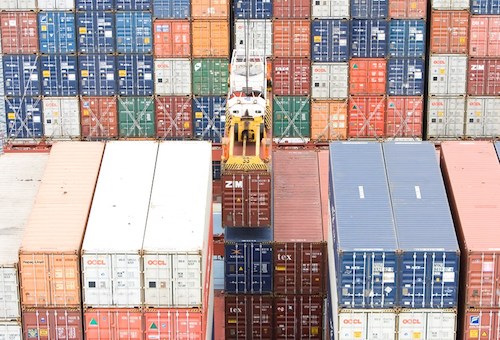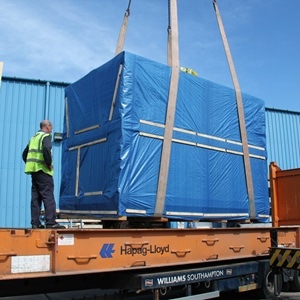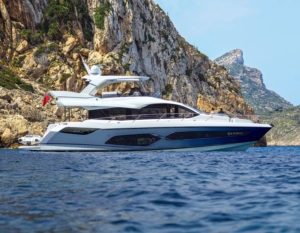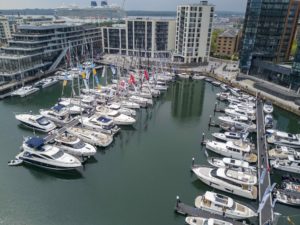Freight, logistics and Brexit
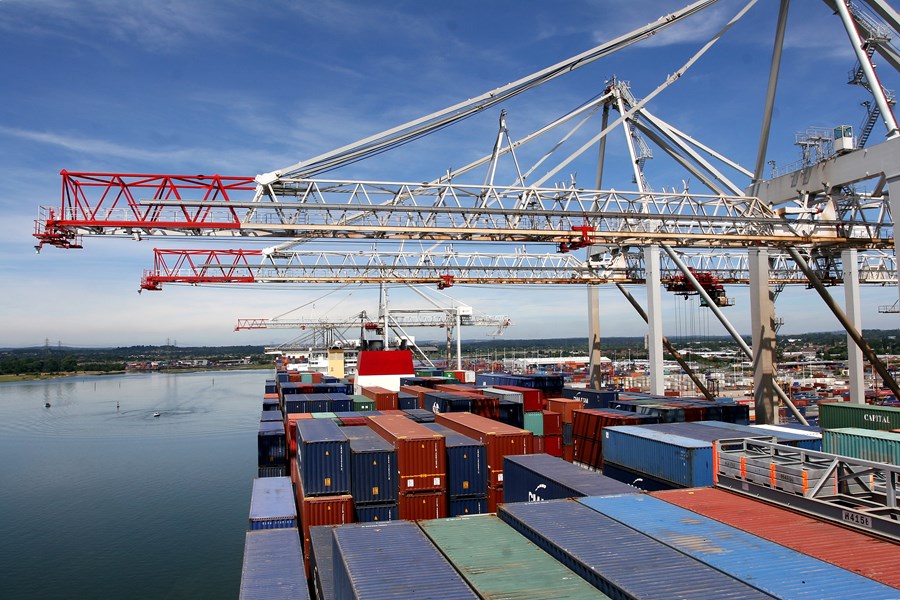
In a recent survey about Brexit and how prepared the marine industry is, MIN discovered that some marine businesses are getting their advice from freight forwarders and couriers. With this in mind, PSP Logistics agreed to share its knowledge with some FAQs.
“We regularly get asked questions about what to expect when/if Brexit happens but we can only make an educated guess based on the limited information available,” says Mike Austin, PSP Logistics Sales Director.
“We’ve attended events organised by the DIT, HMRC, Chamber of Commerce and BIFA to prepare for the challenges ahead. The answers to these FAQs are based on the assumption that we are leaving the EU with a deal, and that our trading relationship with the EU will change.”
How is Brexit going to affect Customs Clearance?
“Now we have a free trade agreement with the EU which means we can send goods in and out of the EU without being bound by customs regulations. When Brexit does eventually happen exporters and importers will be subject to customs checks and duties and taxes will apply. At PSP Logistics we have invested in port badges and customs software so we can ensure we are prepared for the influx of additional work.”
Will there be delays?
“Potentially there could be delays due to the volume of vehicles entering and leaving the UK that will be subject to new and rigorous checks and inspections. Air freight would be the fastest option due to the fastest transit time although the stringent checks will still apply so delays may occur.”
Will products become more expensive from the EU?
“With the additional import duties and taxes we could see an increase in costs. Customs may also introduce Import Quotas to limit the amount of products coming in from overseas.”
What paper work will we need?
“All cargo entering or leaving the UK will need full shipping documents which may include an invoice, packing list and potentially a certificate of origin. It is important that the goods are appropriately classified using the correct tariff number/commodity code as each code attracts a different duty rate. If you don’t pay the correct duty rate you could have HMRC knocking on your door.”
What additional precautions should we take?
“All businesses must be EORI (Economic Operator Registration and Identification) registered to trade internationally and it is advised that they have a VAT deferment account or use a freight forwarder with one available to use. A VAT deferment account allows the importer to make one payment per month to HMRC no matter how many imports you do. This would help speed up the clearance process.”
PSP Logistics is a privately owned freight forwarder with offices in Hampshire and Dorset. It offers air freight, sea freight, export packing, documentation, worldwide boat transportation and dangerous goods shipping.

